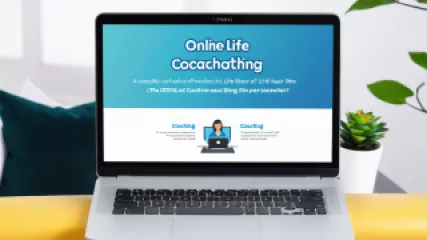How Can Bereavement Counseling Online Help Me Cope with Loss?
1 year ago
Bereavement Support
The Life-Changing Advantages of Online Life Coaching
1 year ago
Life Coaching Advantages
The Ultimate Guide to Understanding Compulsive Behaviors
1 year ago
Understanding Compulsive Behaviors
Effective Strategies to Manage Workplace Bullying Stress
1 year ago
Workplace Bullying
How to Overcome Self-Sabotage: A Step-by-Step Guide
1 year ago
Understanding Self Sabotage
Comprehensive Online Support for Bereavement: Research Findings
1 year ago
Bereavement Support
Effective Stress Relief Techniques for Busy Caregivers
1 year ago
Caregiver Stress
A Comprehensive Guide to Understanding and Accepting Your Gender Identity
1 year ago
Gender Identity
Embracing Gender Equality: A Step-by-Step Guide to Challenging Societal Norms
1 year ago
Gender Roles in Society
The Importance of Prioritizing Emotional Health in a Hectic World
1 year ago
Emotional Health
How to Identify and Address Workplace Bullying
1 year ago
Workplace Bullying
5 Powerful Questions to Embrace Self-Acceptance
1 year ago
Self Acceptance
My Journey to Overcome Victim Mentality
1 year ago
Overcoming Victim Mentality
The Science Behind Motivational Coaching Sessions
1 year ago
Motivation
My Journey Developing Cooperation Skills
1 year ago
Psychology of Cooperation














